CAMPAIGNERS have demanded all cancers are treated with urgency as the NHS bounces back from the pandemic.
They want those battling rare forms of the disease to have a spotlight shown on their plights.
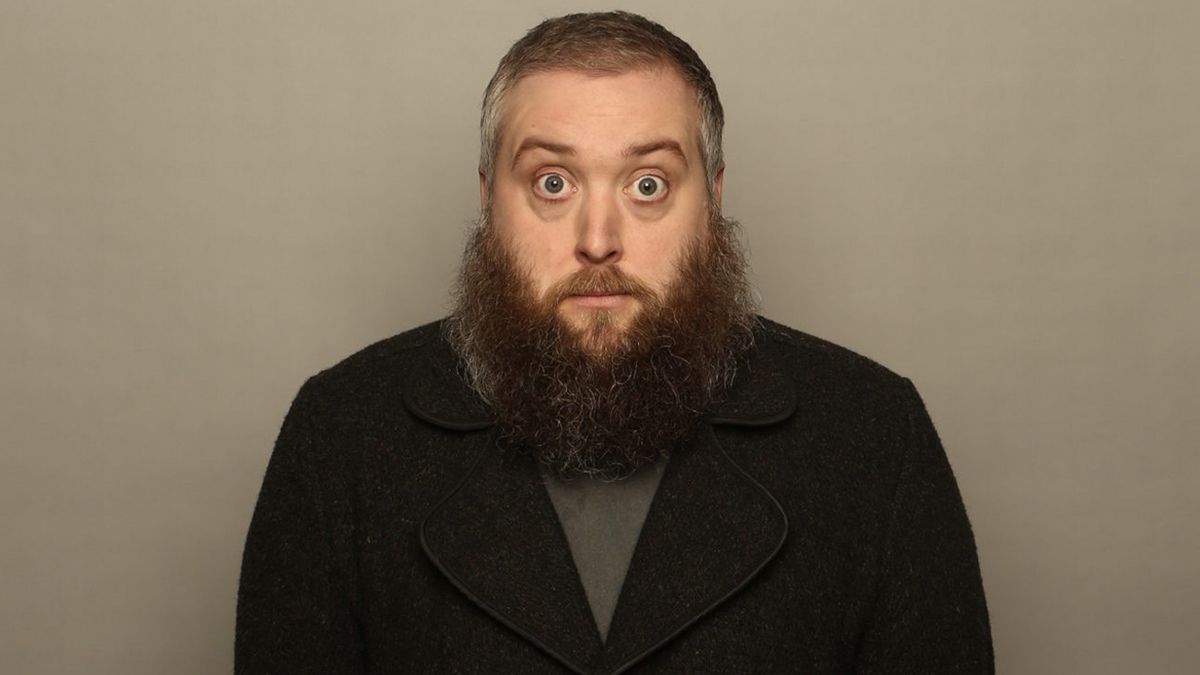
It comes after Phil Jerrod’s death from a rare form of cancer last month shocked the comedy world.
The 42-year-old died after suffering with sarcoma – which affects bones and soft tissues.
There are around 100 different types of sarcomas, with about 5,300 people each year diagnosed with them in the UK.
Campaigners fear 35,600 fewer cancers were diagnosed between April and September last year.
And new statistics from Cancer52 – which represents nearly 100 patient support groups and charities – show over half of cancer deaths in England are a result of lesser known cancers, with symptoms often missed until it’s too late.
The “big four” cancers – breast, prostate, lung and bowel – are better understood, with more funding for their research and treatment.
It is this lack of understanding of the smaller cancers in both the wider population and in medics which can result in delayed diagnosis and treatment, something which has been accentuated during the pandemic, the charity says.
The Do You C Us? campaign aims to amplify the voices of people living with rare and less common cancers and the challenges they face.
Jane Lyons, Chief Executive Officer of Cancer52, said: “If we need to ensure the numbers of people treated for cancer return to pre-pandemic levels and recover from the pandemic, it is vital that all cancers are seen as a priority.
“We must work to identify those people with rare and less common cancers who are currently ‘missing’ from the system.”
Polycynthaemia Vera
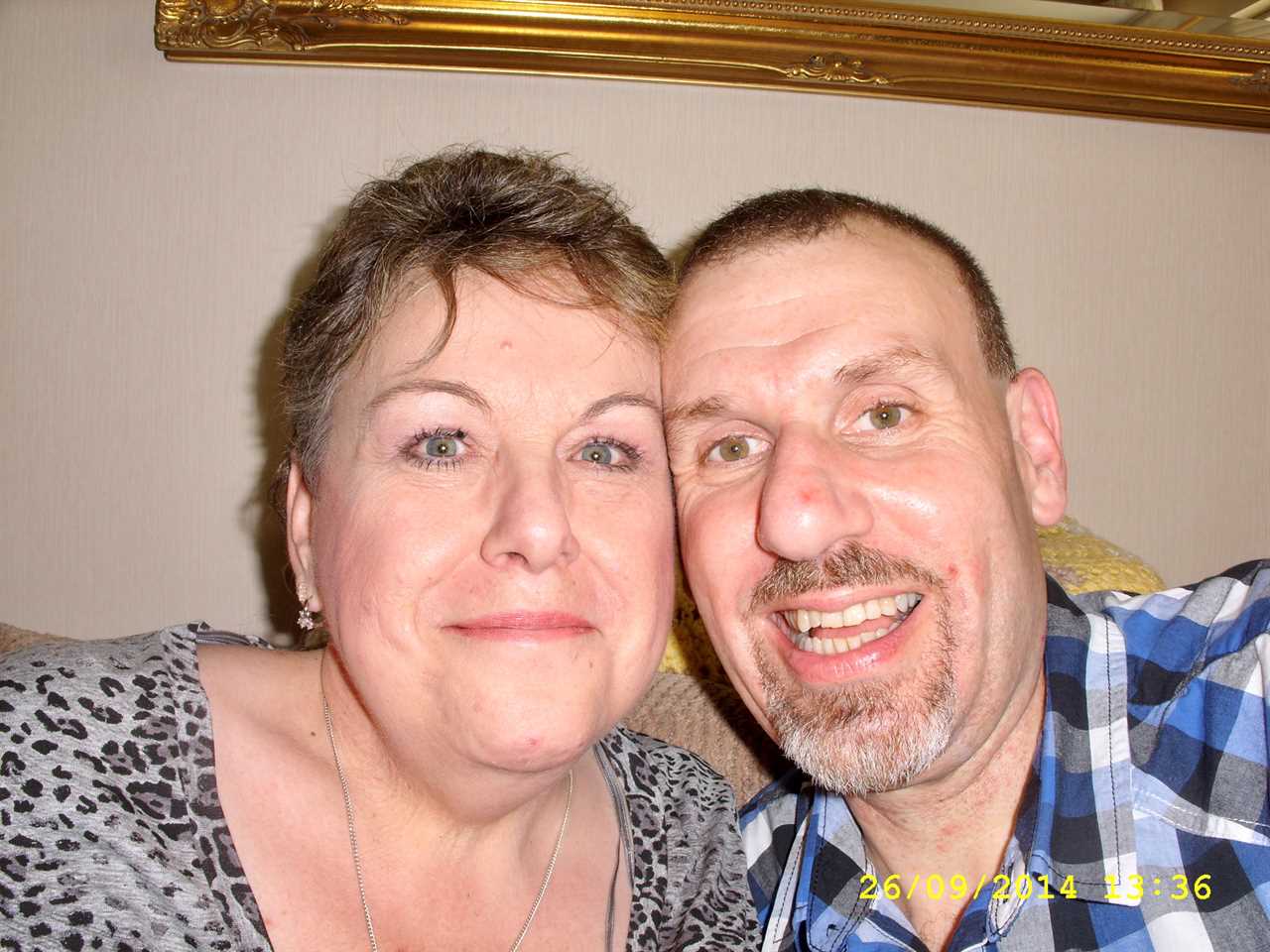
Jillian Danson, a 59-year-old former PA from Teesside, underwent a double mastectomy in 2009 after finding a stage-3 tumour in her right breast.
But shortly after her five-year all-clear, she started experiencing worrying symptoms, and in 2015 was diagnosed with the rare blood cancer Polycynthaemia Vera.
She said: “Having seemingly dodged a bullet after my amazing treatment for my breast cancer, the very last thing I expected was a completely different form of cancer to hit me.
“The breast cancer tumour hadn’t spread to my lymph nodes, and after a double mastectomy followed by a lengthy course of tamoxifen, really felt I could get on with my life.
“I then started suffering debilitating fatigue, which was dismissed by my GP, then a hospital check-up showed my red blood count was too high – and finally I was diagnosed with PV.
“When the junior doctor discussed the chemotherapy medication I’d be prescribed, I clocked this was actually cancer, not a benign blood disorder.
“I clearly remember the doctor turning to my husband Stefan and me saying ‘don’t worry, it’s not as if it’s a tumour’, which is horrific.
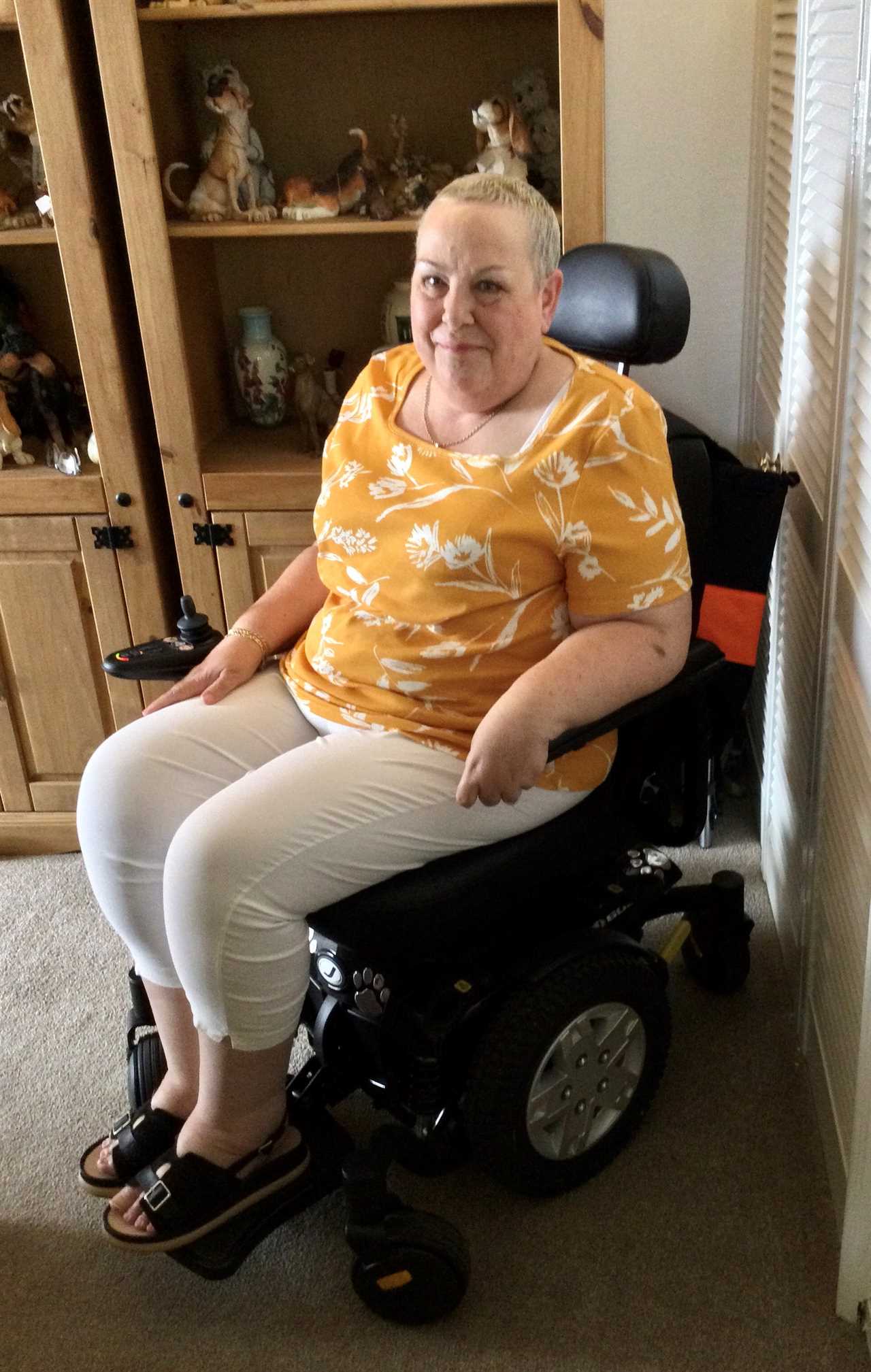
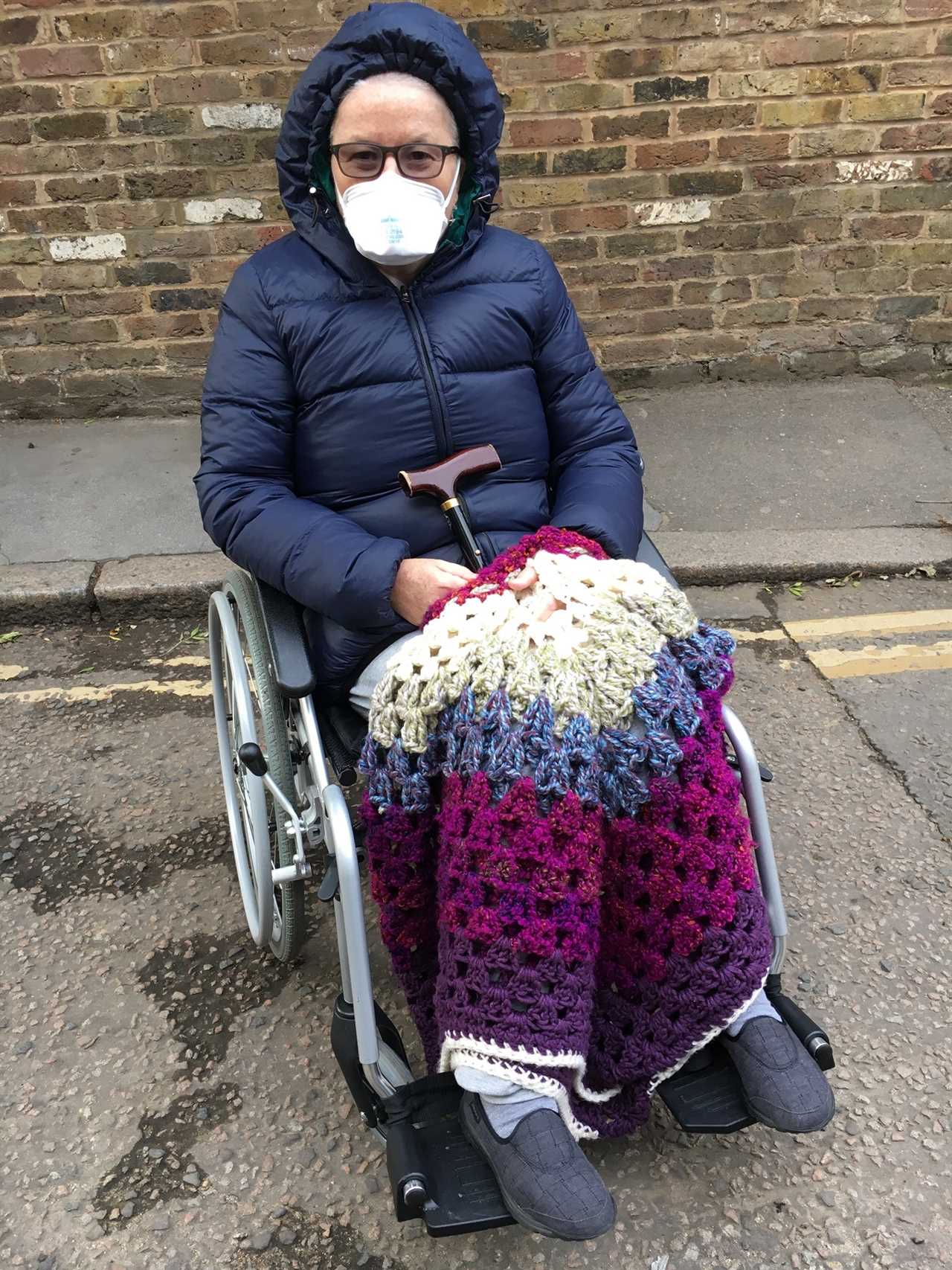
“Cancer is cancer, and my life since then has been ruined as a result. My prognosis is stable, but living with these symptoms it almost feels like I might as well be dead.
“I have to take the chemo drug hydroxycarbamide for life now, with tests at hospital every 10 weeks, I have massive joint problems so I rely on a powered wheelchair to get around, I have terrible brain fog and I’m in bed most nights by 6pm.
“One of the worst bits is that PV is so rare most doctors I speak to try to tell me I don’t have cancer because they haven’t heard of it.
“They treat me like I’m a liar! If I had breast or bowel cancer, it would be a different story – and believe me, I know, because I’ve been there.
“I’ve had both Covid vaccinations, but because I’ve got no antibodies, I’ve seen zero benefit and know how vulnerable I am – of course I can’t go outside now, but Stefan can’t either for fear of bringing it in the house.
“When he does have to go out, he wears two masks, for which he get verbally abused.
“The more so-called ‘freedom’ everyone else has, the more terrified I get.
“I’ve lost both my auntie and my mum to Covid, Skyping my mum on her death bed as I couldn’t be with her, which was simply heart-breaking. The UK Government seems to be saying the vulnerable and elderly now are simply expendable, we don’t count.
“Before this pandemic people like me with less common cancers felt ignored, now we feel like we’re imprisoned by Boris Johnson’s insane policies, with no voice at all.
“People are moaning about being ‘pinged’ and isolating for 10 days, they’ve got no idea what so many others are going through, in silence.”
Myelodysplastic syndrome
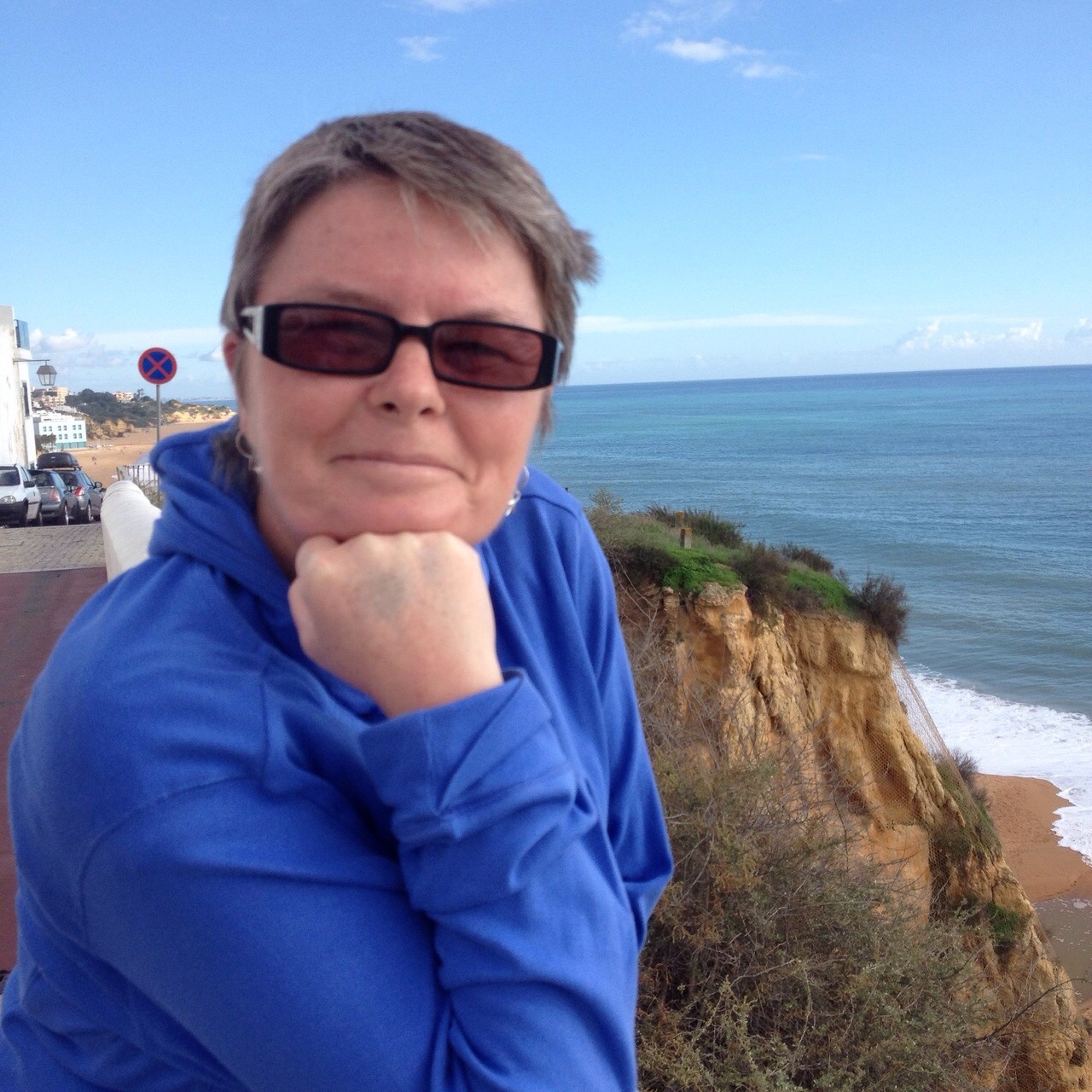
Kes Buckley, a 56-year-old former school chaplain from Charlton in Royal Greenwich, was diagnosed with a rare blood cancer in 2000, age just 35.
On the “wait and watch” list for 16 years, she suffered countless bouts of life-threatening sepsis before finally having a stem cell transplant from her younger sister, Gail.
She said: “I was a very serious and able footballer in my teens and twenties, but out of the blue I started experiencing worrying symptoms – breathlessness, strange bruising and exhaustion. My GP thought it must be viral and should sort itself, but I didn’t get better.
“After two years of seemingly incessant tests and scans, I was finally diagnosed with myelodysplastic syndrome, a very rare form of blood cancer – of course the ‘C’ word rang massive alarm bells, and the more I researched online, the more I realised how serious this was.
“Not wanting to worry people, I just said I had a ‘weird blood disorder’, but knew there was ticking bomb inside me.
“Medication to help stabilise me seemed to work sporadically, but I suffered 15 bouts of sepsis, once going into septic shock when my family and partner Maggie were told I wouldn’t make it – but miracles do happen, and I pulled through.
“Knowing the time had come, my family was tested to see who might make a suitable match for a stem cell transplant to save my life, and my sister Gail came up trumps – but while the transplant itself was a success, I suffered graft-versus-host disease, Gail’s healthy cells attacking mine.
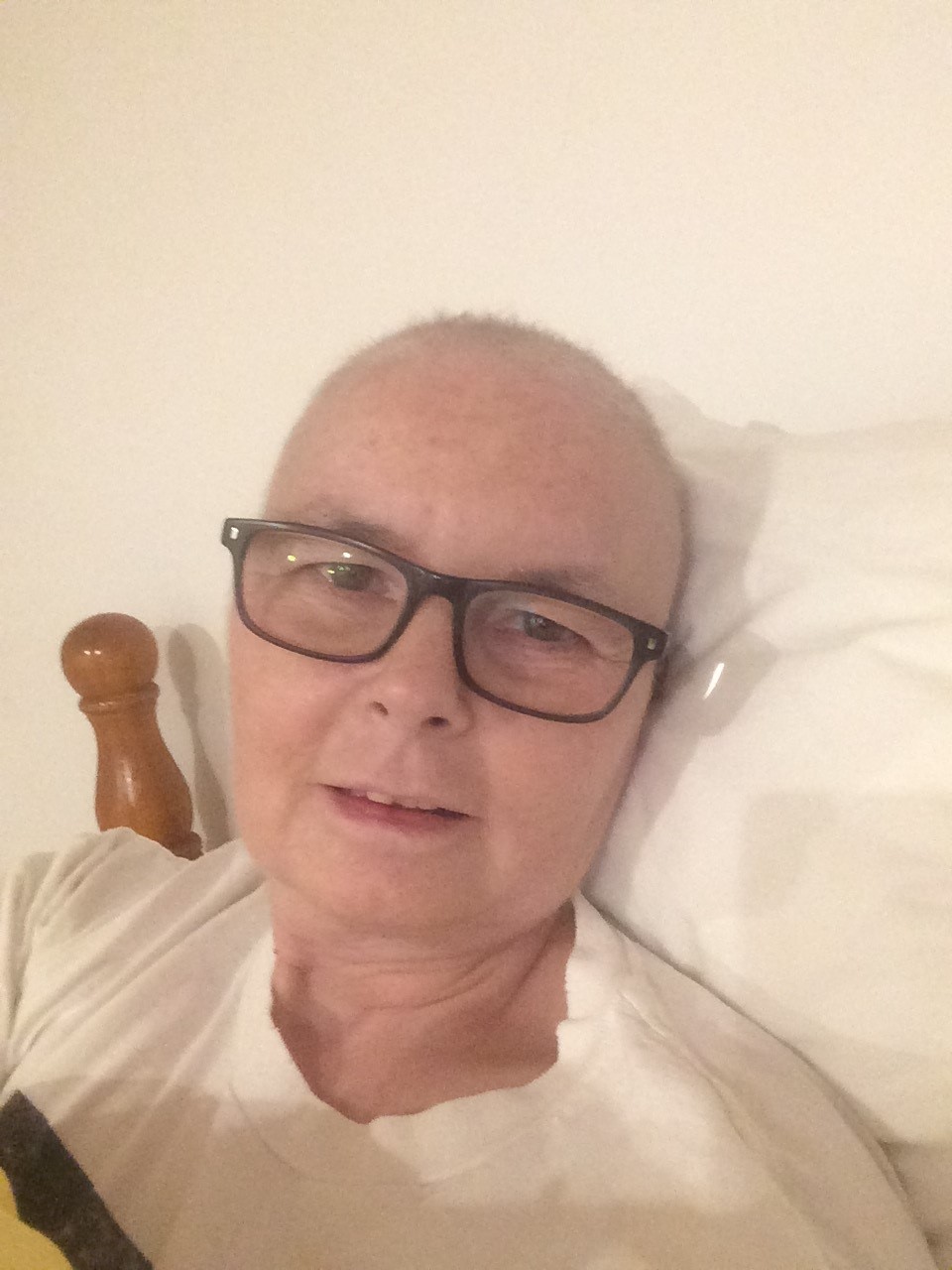
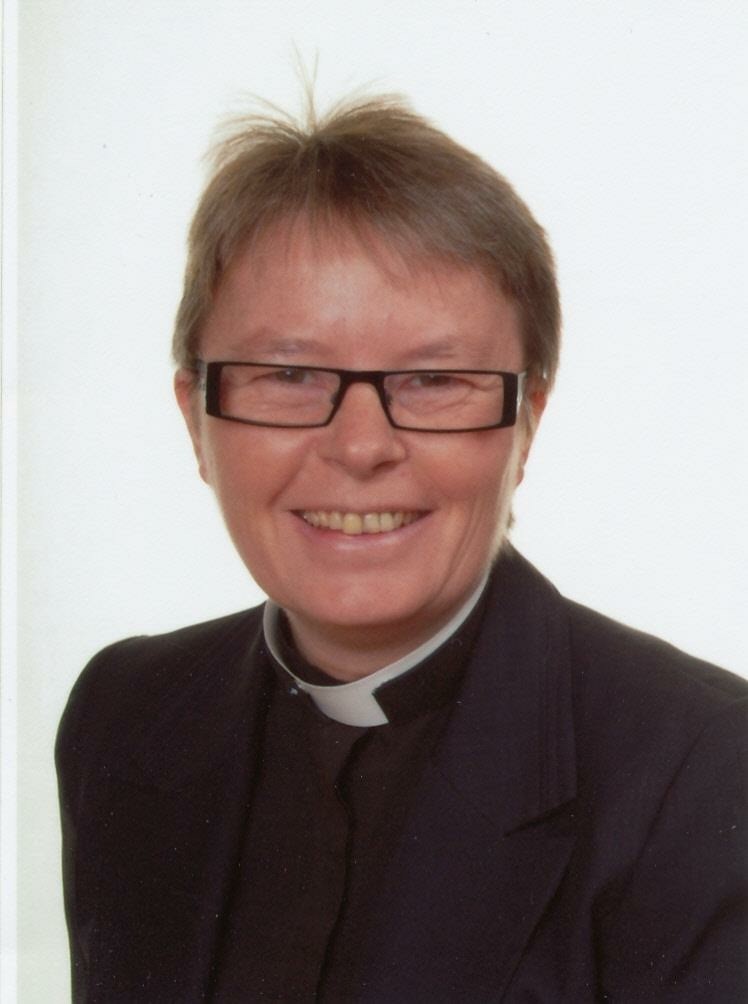
“Since then I’ve suffered from terrible inflammation in my lungs, dry eyes and mouth and need bilateral hearing aids, along with loads of other symptoms which mean my quality of life is way worse than before.
“I’m reliant on a mobility scooter, and can no longer sing a choir, which was my life’s main passion.
“While I’m officially in remission from my blood cancer, my immune system is now almost non-existent, so even though I’ve had both Covid jabs, I’ve shown no immune response at all.
“I’ve not been able to hug my daughter or four grandchildren since last March, which rips me to pieces, and with no end in sight.
“If anything, my life is even more at risk now than before after ‘Freedom Day’, with everyone walking around in shops without masks.
“It’s the same story as usual, the ‘smaller’ cancers being ignored and thousands like me imprisoned and isolated – if you’ve had a solid tumour you have an immune response, I have nothing!
“I hear stories about people moaning about wearing a mask, or complaining they can’t go abroad for their holiday, and I want to scream!
“All I want is to hug my family, to be able to go outside and live something close to a normal life, but I can’t see that happening for months and months.”
Renal AML
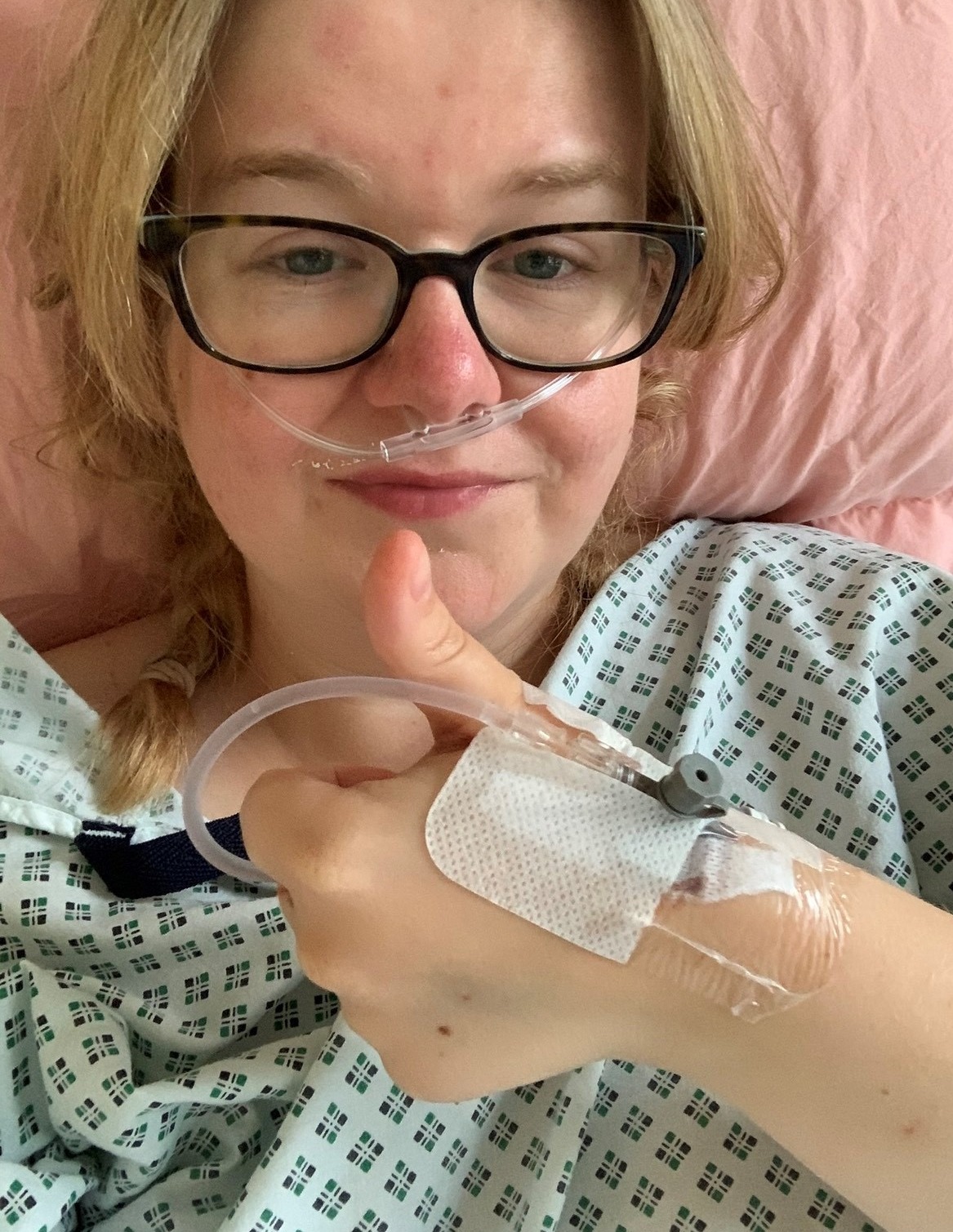
Katy Hall, a 34-year-old HR manager and mum of one from Stockton-on-Tees, was finally diagnosed with a very rare form of kidney cancer last March – five years after first experiencing worrying symptoms.
Mum to two-year-old Jacob, she said: “In 2016 I started experiencing a dull, ongoing ache in my left side. My GP sent to North Tees Hospital with suspected appendicitis, but scans and blood tests picked up a lump on my kidney.
“I was simply told it was a ‘Renal AML’, a benign lump of blood vessels, and nothing to overly worry about.
“With the pain coming and going, I managed to struggle through, but when my fiancé Richard and I found out we were expecting in late 2018, the doctors suggested I have another scan to check my kidney.
“It soon seemed apparent the lump was hormone-receptive, and towards the end of the pregnancy had grown to 5cm – I was advised to have a C-section to avoid risking rupturing the lump.
“This was obviously very worrying on so many fronts, and a time when I should’ve ‘glowing’ was horribly tainted with anxiety.
“Jacob was born happy and healthy early July, and eight weeks later scans showed the lump had shrunk down to 3cm.
“I got a letter from the hospital in the January saying if we wanted to have more kids, we should think about having the lump removed – of course, I jumped at the chance, as we wanted to grow our family, and I wanted a relaxed, happy pregnancy.
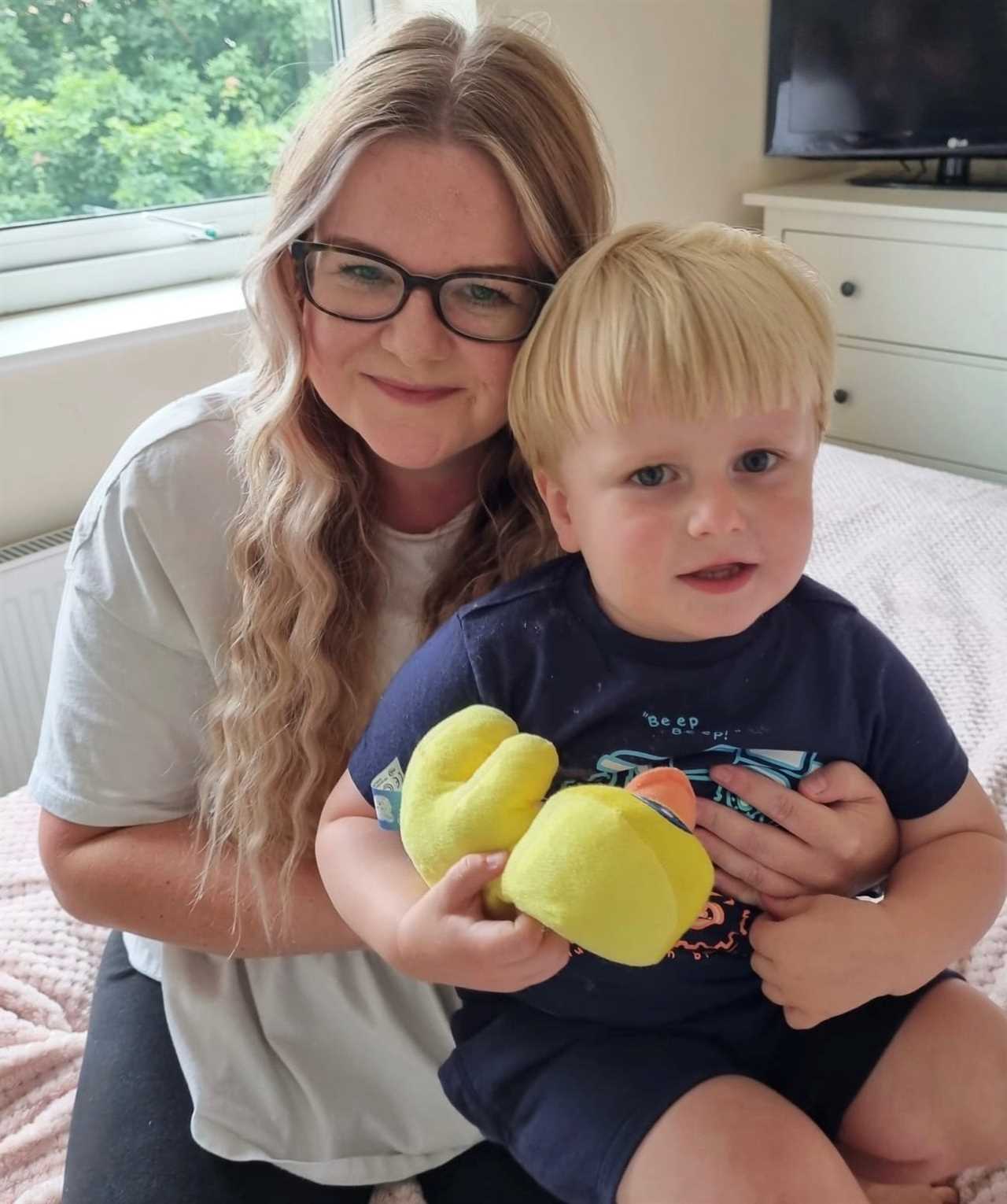
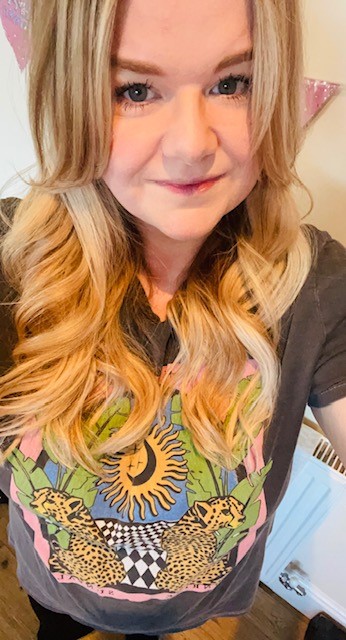
“But a scan in the March to check the exact make-up of the lump – prior to any surgery – didn’t work, and due to the pandemic, I couldn’t have a follow-up one done until the July.
“This time all our worst fears came to light – I had Family Translocational renal Cell Carcinoma, a cancer so rare not one other person in the UK has it.
“I just felt so angry that all these years doctors had made an assumption based on my age and sex – kidney cancer should only affect elderly men, they said.
“My life and my baby’s had been hanging by a thread for so long, and if that scan last July had been delayed further I might not be here now.
“By the time my tumour was removed on August 11 it was 4cm and aggressive, with a high chance of recurrence.
“Along with regular scans and ongoing medication to limit the chances of it coming back, we were also advised not to have any more children, which is a massive blow – the hormones could trigger the cancer coming back.
“Of course we’re so grateful to have Jacob, and that I’m alive, but there’s such a stigma around cancer, that it’s just the ‘big four’ that matter – my cancer should’ve been picked up years ago, and the mental fallout on all of us is massive.
“My counsellor has diagnosed me with PTSD as a result of everything we’ve been through – I was isolated in hospital for a week after I had my tumour removed, not able to hold my husband’s hand, or cuddle our baby.
“Last year I had so many ambitions in my career and life, now all I want to do is survive to see Jacob start school.
“When I hear people moan about their holidays being cancelled because of Covid, I want to scream ‘You don’t know you’re born!'”






